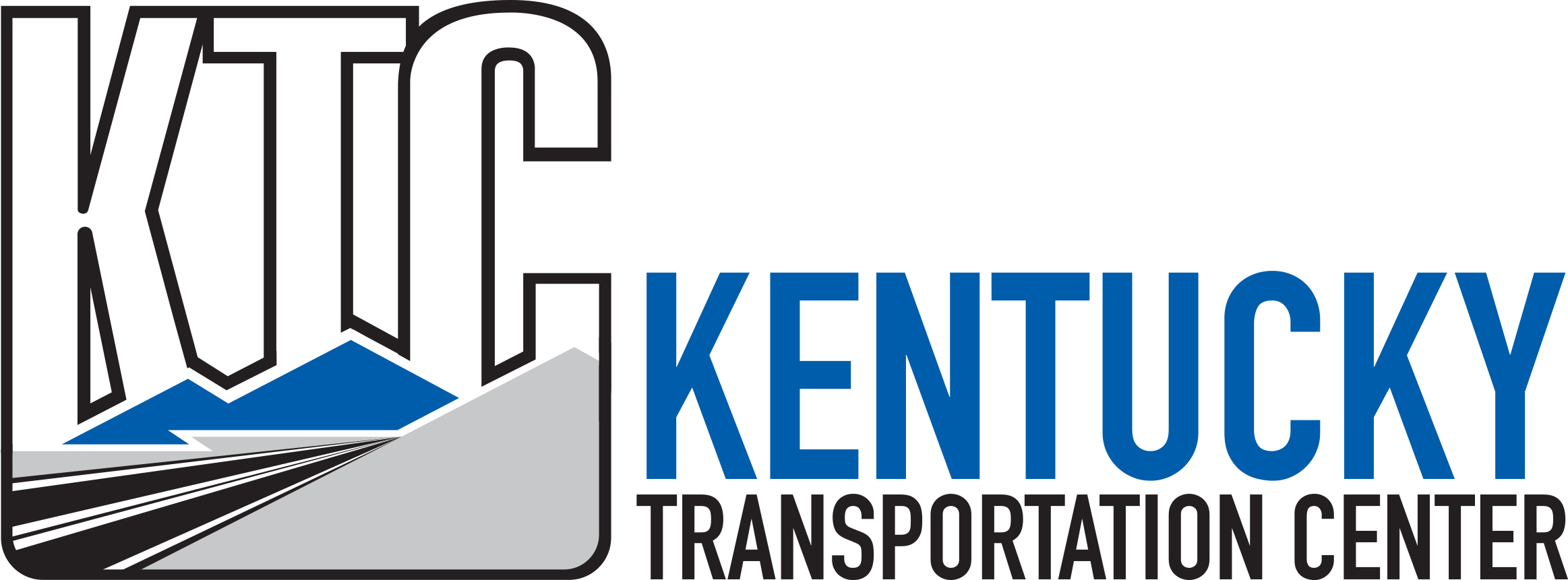Abstract
The purpose of this project was to use a public information and education campaign, along with increased enforcement, to reduce the problem of red light running (RLR) in Lexington, Kentucky. The objective of this portion of the project was to evaluate the effectiveness of the campaign.
The mail and telephone surveys, taken before and after the campaign, revealed that the RLR program had been successful in improving public awareness of the problems associated with disregarding traffic signals. About 60 percent of the respondents recalled seeing or hearing ads or information dealing with red light running. Approximately one-half of the respondents who recalled RLR information indicated they had changed their driving with the most common response that they now stop for yellow lights.
Compared to the before period, the number of RLR collisions decreased by 4.8 percent during the five-month campaign period while total accidents increased by 8. 9 percent. The number of RLR citations increased by 45.9 percent during the campaign period while total citations decreased by 14.9 percent. The number of cycles in which at least one vehicle crossed the stop bar after the start of the red indication decreased from 7.2 before to 4.6 percent at the end of the campaign at intersections which had the highest number of RLR collisions. The depositions of RLR citations were similar before and during the program with only about two percent dismissed or found not guilty.
Report Date
12-1996
Report Number
KTC-96-29
Digital Object Identifier
http://dx.doi.org/10.13023/KTC.RR.1996.29
Repository Citation
Agent, Kenneth R. and Wagner, Deborah, "Evaluation of Red Light Running Campaign" (1996). Kentucky Transportation Center Research Report. 380.
https://uknowledge.uky.edu/ktc_researchreports/380



Notes
The contents of this report reflect the views of the authors who are responsible for the facts and accuracy of the data presented herein. The contents do not necessarily reflect the views or policies of the University of Kentucky or the Lexington Fayette Urban County Government. This report does not constitute a standard, specification, or regulation.